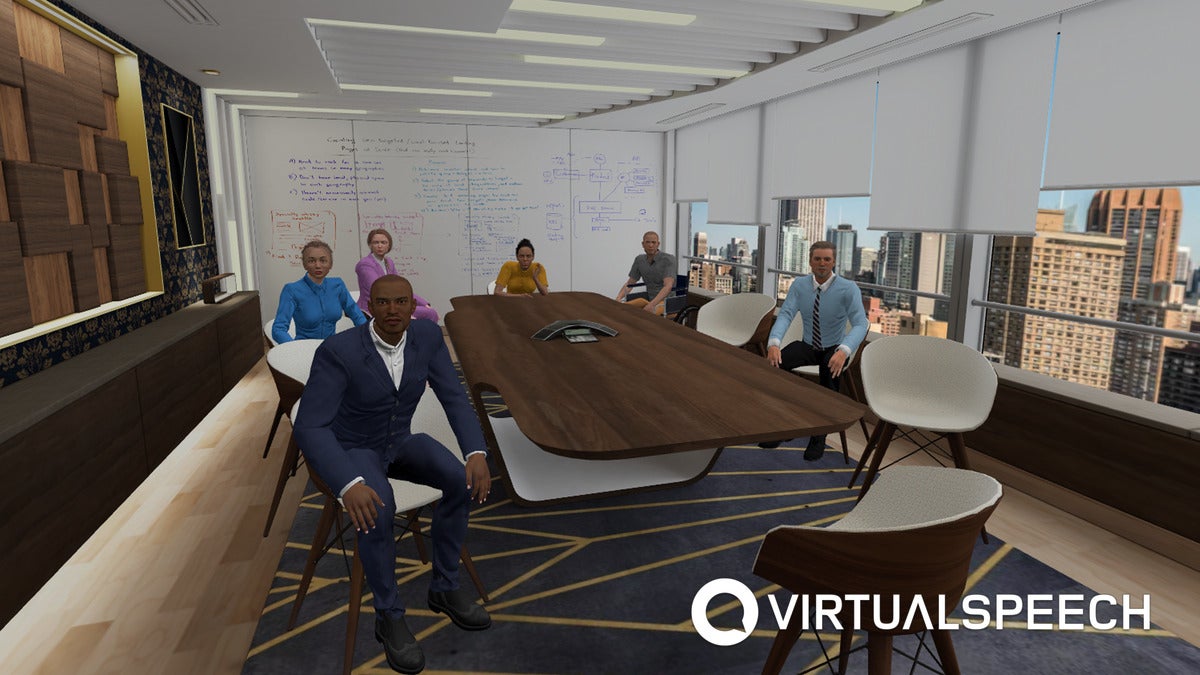As National Health Service waiting times continue to grow, medical staff in the UK are increasingly confronted by angry patients — and their families — affected by delays in accessing treatment.
“With all the stresses and struggles and strain on the NHS waiting times, patients are, understandably, quite frustrated. We are well aware of the heightened levels of confrontation that clinical staff have been dealing with post-COVID,” said Javidul Islam, associate physician at the Page Hall Medical Centre in Sheffield, England.
Such situations can be intimidating — scary even, especially for new staff. “When I did an A&E [Accident and Emergency] placement, some of the patients were very aggressive to staff and tried to attack them,” said Islam. “So that can be quite a sobering experience. You can definitely feel vulnerable. You are acutely aware of making sure you don’t say the wrong thing to aggravate a situation.”
Although medical professionals receive some communication training as students, this doesn’t compare with the firsthand experience of dealing with conflict. “You can read about it as much as you want, but nothing really equips you for dealing with a conversation like that,” Islam said.
That’s where new virtual reality (VR) training methods can help. Islam says training in an immersive VR environment has better prepared him for times when he may be forced to deal with confrontation for real. “This type of technology is a good bridge to being able to develop some techniques for yourself,” he said.
The VR training tool used by Islam, a learning module called Navigating Angry Conversations from VR training vendor Bodyswaps, was created in partnership with the UK’s Royal Society of Medicine (RSM), a charity that supports ongoing education for medical professionals.
The training, available to the medical society’s 20,000 members worldwide, puts the staff through a series of tasks in a 3D virtual environment. This includes interactions with avatars that replicate confrontational situations.
Bodyswaps
The Royal Society of Medicine’s training module lets medical professionals practice techniques to diffuse anger in tense situations, and to remain calm themselves.
Upon completion, participants are given feedback on a range of outputs generated during the interaction, including their response dialogue and speech patterns, as well as eye- and gesture-tracking. Following some interaction scenarios, it’s possible to swap “bodies” and re-watch your own performance to learn from any mistakes.
By practicing in a virtual environment, medical professionals are able hone the skills needed to defuse a heated situation: empathy, patience, and effective communication.
“We’re not just aiming this at doctors — any health professional could be in this situation. Even a nurse who’s taking blood tests, for example, can still get that level of anger if somebody has waited three…
2023-10-16 08:24:03
Article from www.computerworld.com rnrn
